Summer these days is the time for some serious music festival hopping. Sunshine, friends and good music. What’s not to love?
But festivals are beginning to acquire a bad rep.
They’re sweaty, expensive and exhausting. In fact, it’s not a stretch to consider the similarities between attending a festival and the experience of a hangover. Which is to say, they can both be the actual worst.
But what to do when, despite those inconvenient truths, you still long to turn up starry eyed for your golden performers? Whether you’re rocking this event sober or not, we have some tips for you to have the best summer festival season yet.
How to have the best music festival experience
Shred for stereo

Just kidding. But prepping for a festival physically will probably improve your experience of it. Don’t worry, that doesn’t necessarily mean actually getting fitter! But more along the lines of making sure you’re hydrated, sleeping well the night before, and having a good meal before the event.
If you’re camping out at a festival, sleeping well could prove a little trickier. But there are things you can do to improve the chances of having a good sleep, which is why you should check out these tips for camping at a festival.
When it comes to food, festival meal options are often meagre, and usually gut-wrenchingly expensive. The solution to this problem: snacks. Trail mix, muesli bars and lollies are simple and delicious ways to beat the tummy grumbles without breaking the bank.
Be pragmatic, people! Sunscreen. Water. Snacks. These things seem like no big deal now, but on the day they will *literally* feel like life-savers.
Planning and prioritising

Sigh. Does it sound like we’re turning a fun event into an organisational chore? It really doesn’t have to be! I mean, you probably do this stuff already, but make sure you check out the festival program beforehand.
Does this sound familiar?
“Gah! CC the Cat and the Tinpan Orange are on at the same time‽”
We hate to break it to you, but sometimes, you need to compromise. Prioritise.
Who are you attending the festival with? What’s their taste in music? You’ve got to consider these things before selecting your fam! Maybe even discuss your game plan together before heading in. Goooo team!
Take what you need
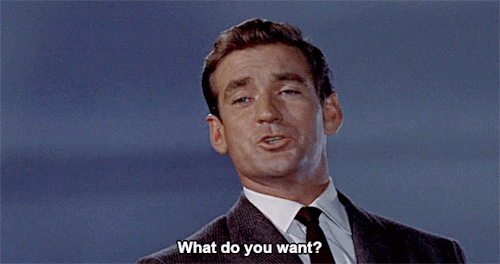
You know that feeling, when you’ve been battling it out in the scorching heat for eight hours, and as the sun goes down you begin to feel yourself slow down. Woah. Now you’re feeling it in your bones. This isn’t tiring. It’s bloody exhausting.
A couple of points here. If you feel miserable standing in a mosh pit to get the best spot for an act that is starting in three hours, you don’t have to do it. Isn’t the sole point of this experience to have fun? I mean, don’t get me wrong – I totally get you. I have been there, and will be again. There is some part of our overstimulated, overtired brains at that point in the day that says, “stay, it will be totally worth it!” And it might, but it also might not. I guess it’s a form of FOMO.
Chilling a little further from the stage, near some pals and owning some dancing space – this battle plan is often far more enjoyable.
Taking it further, if you’ve had enough of the event, that’s also cool. There is sometimes a bizarre but powerful force of social energy that keeps us sticking around. But just know that you can bail if you want to. Take what you need from the experience, and then, if you want to, leave.
So think about what you need. Pack your bag (light). And get ready for festival season: we’ve got some exciting Sunday mornings to say “hello” to.
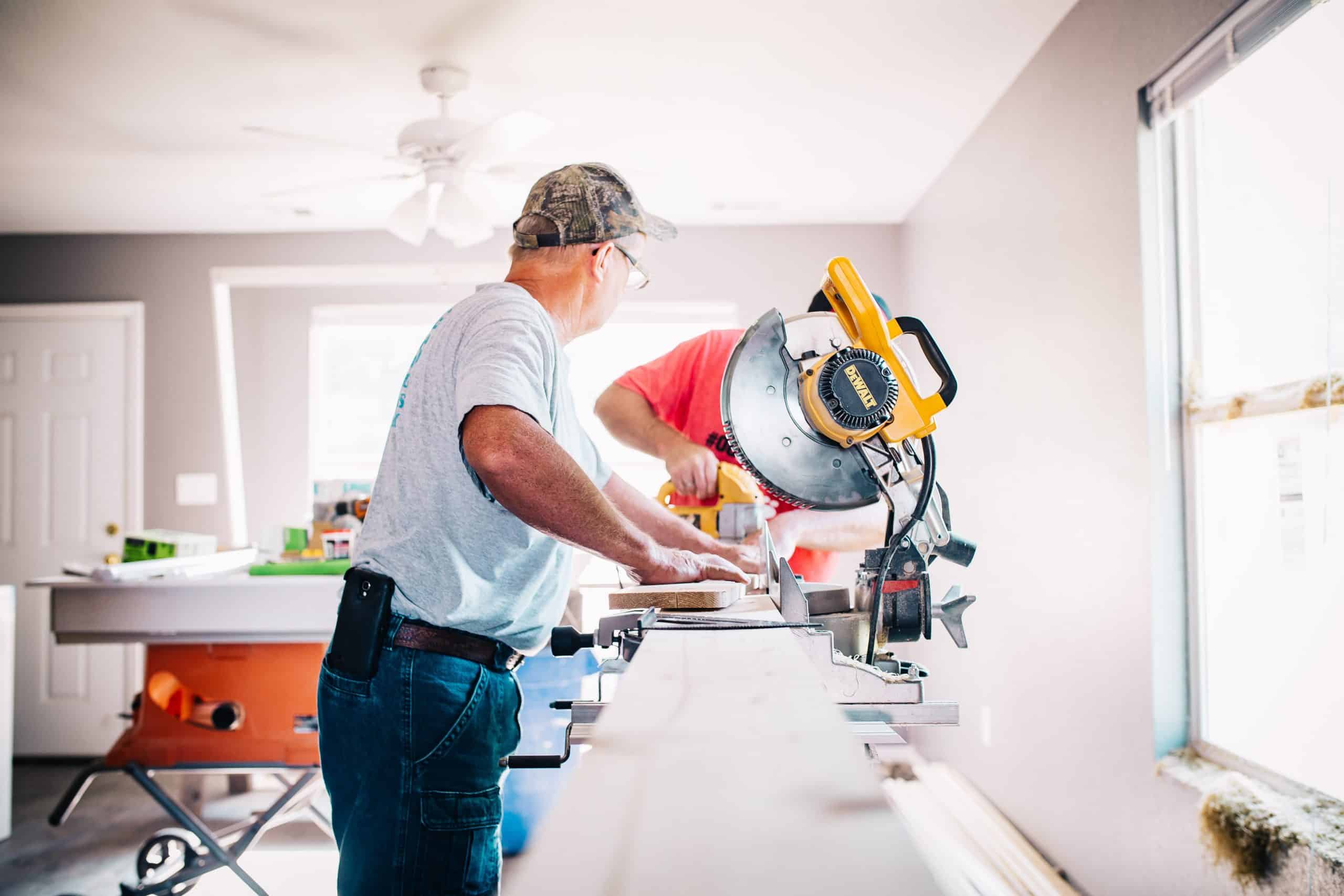


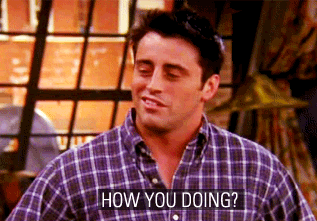

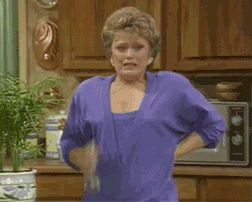
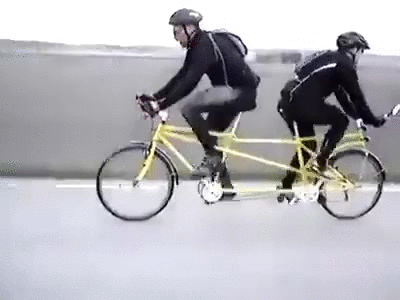




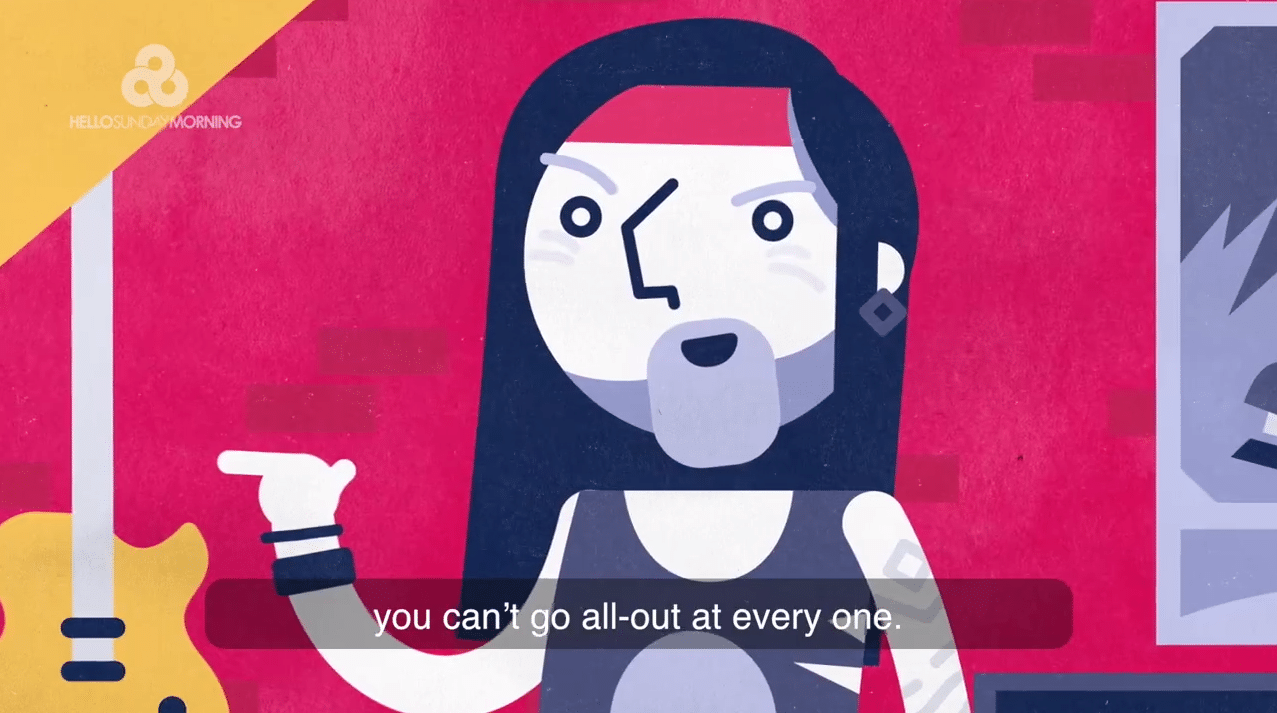 Realistically, you just can’t go all-out at every gig
Realistically, you just can’t go all-out at every gig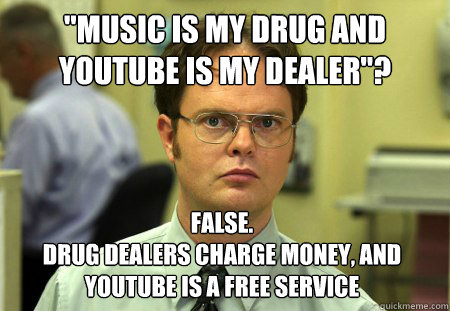 or a head-banging
or a head-banging  Discover the experience and create memories.
Discover the experience and create memories.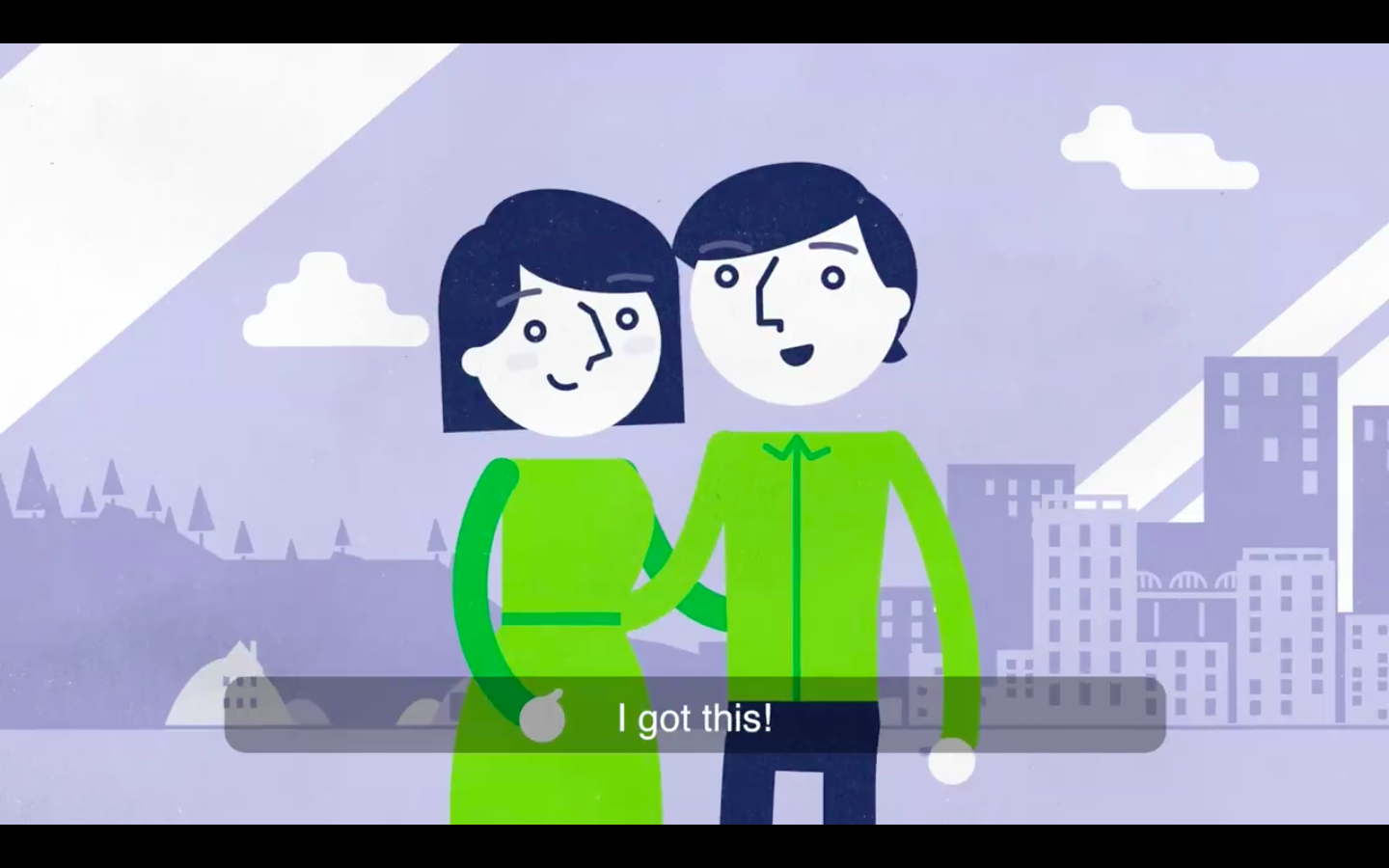 Let’s be honest: appearances do count.
Let’s be honest: appearances do count.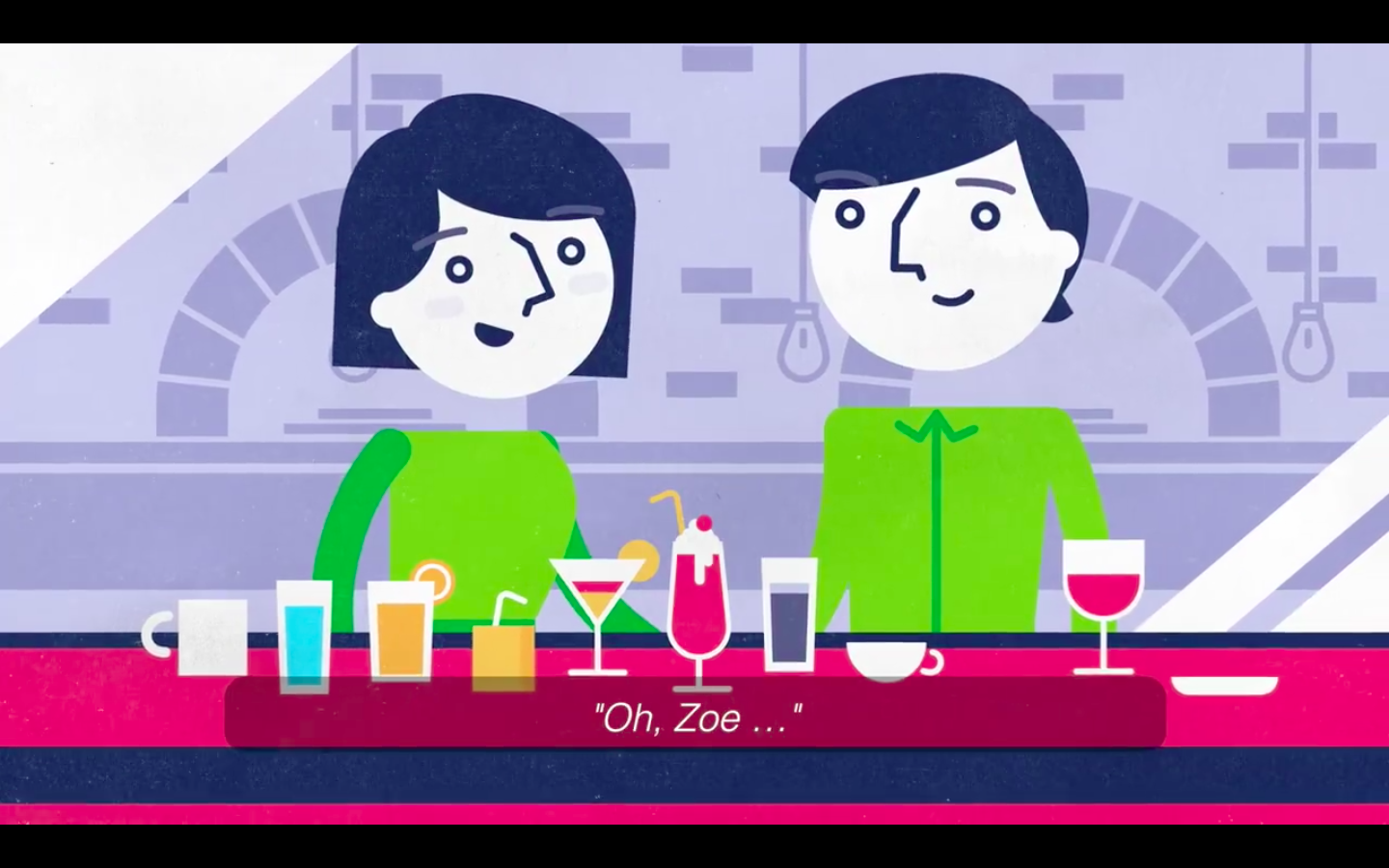 Plan your drinking ahead of time.
Plan your drinking ahead of time.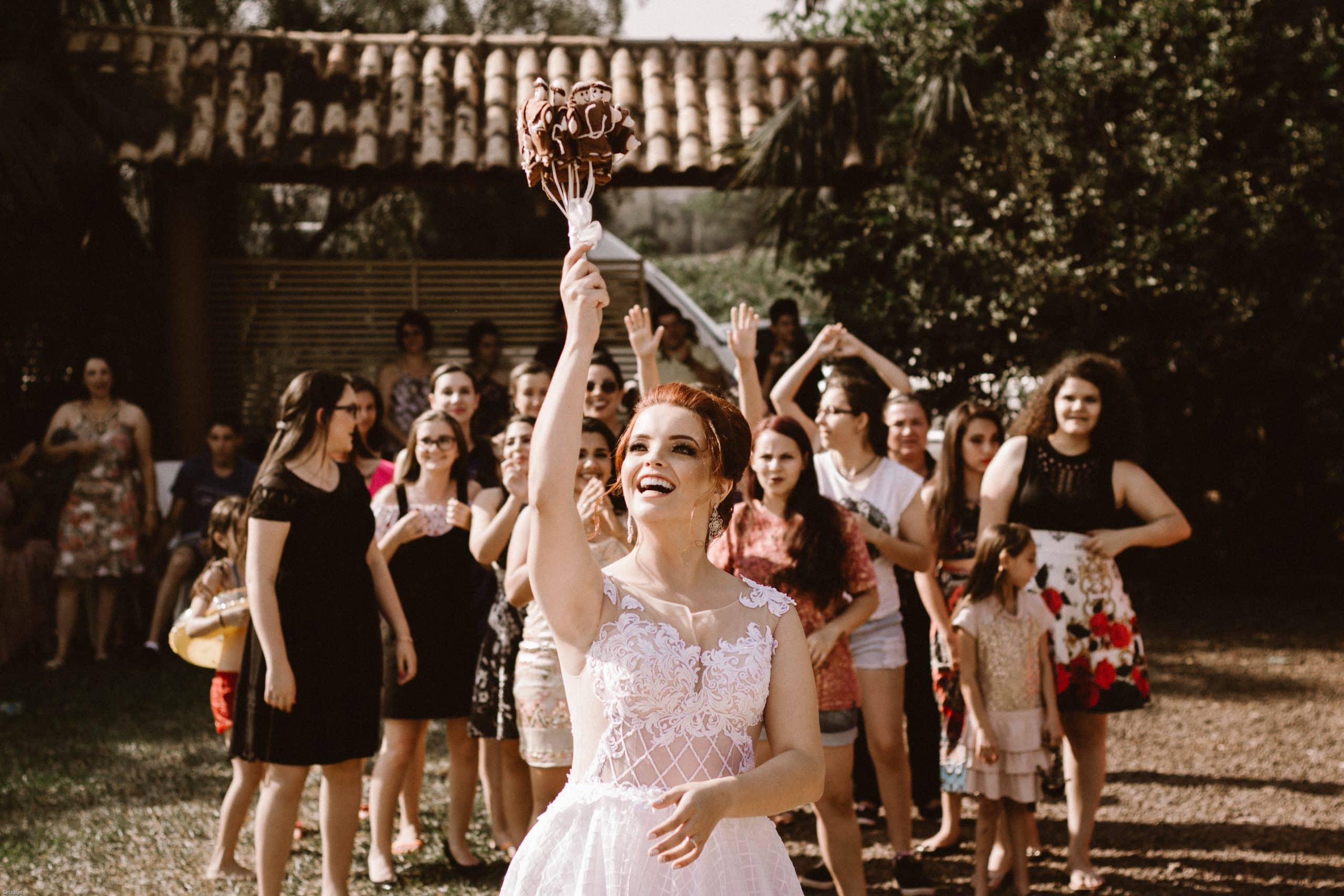
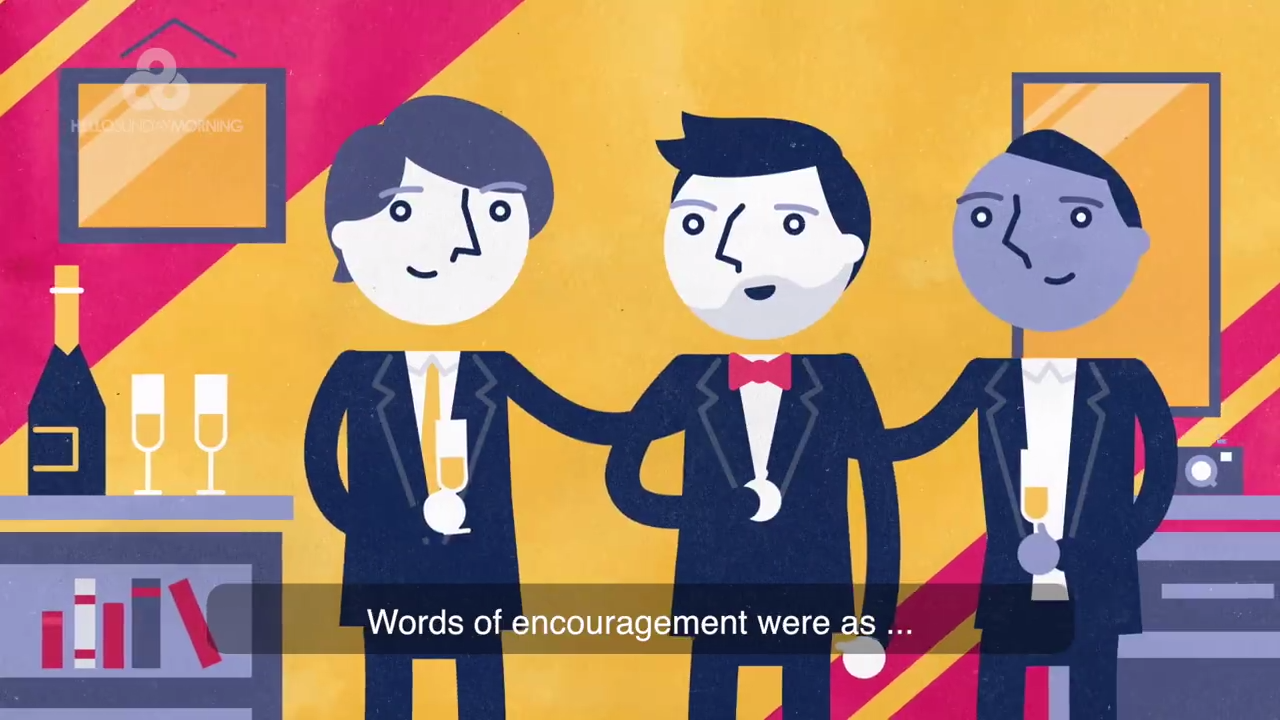
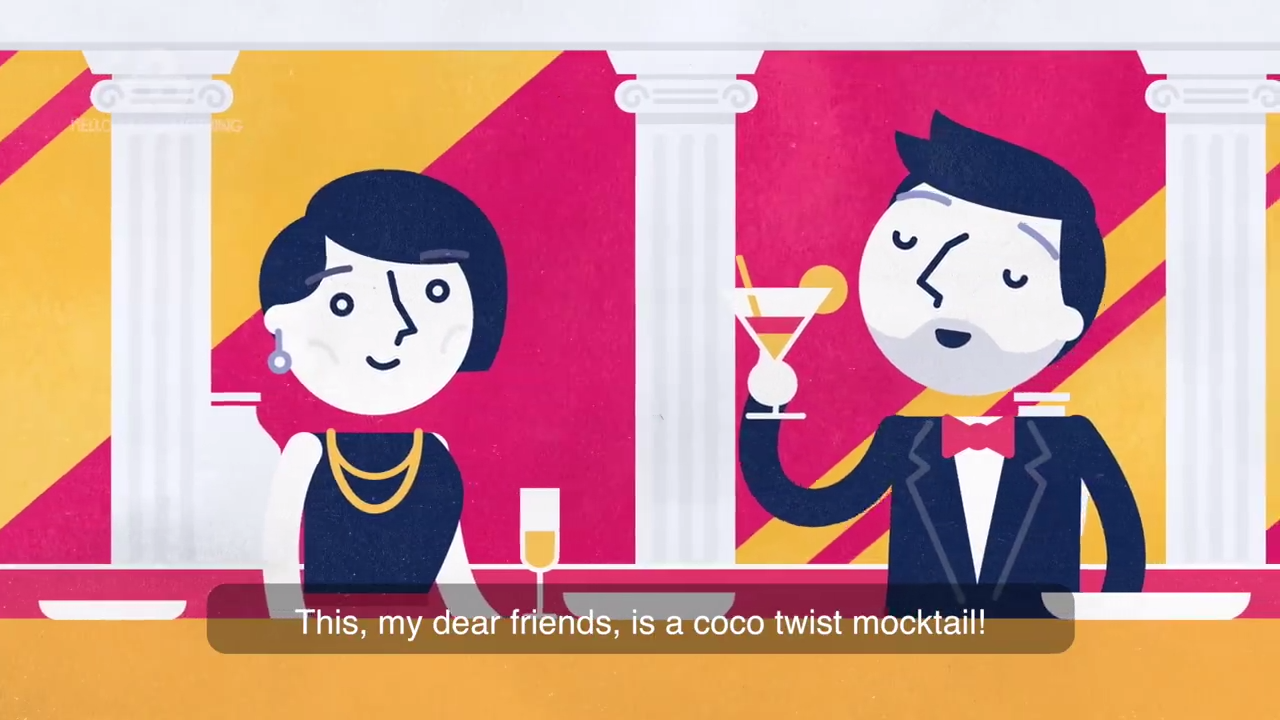
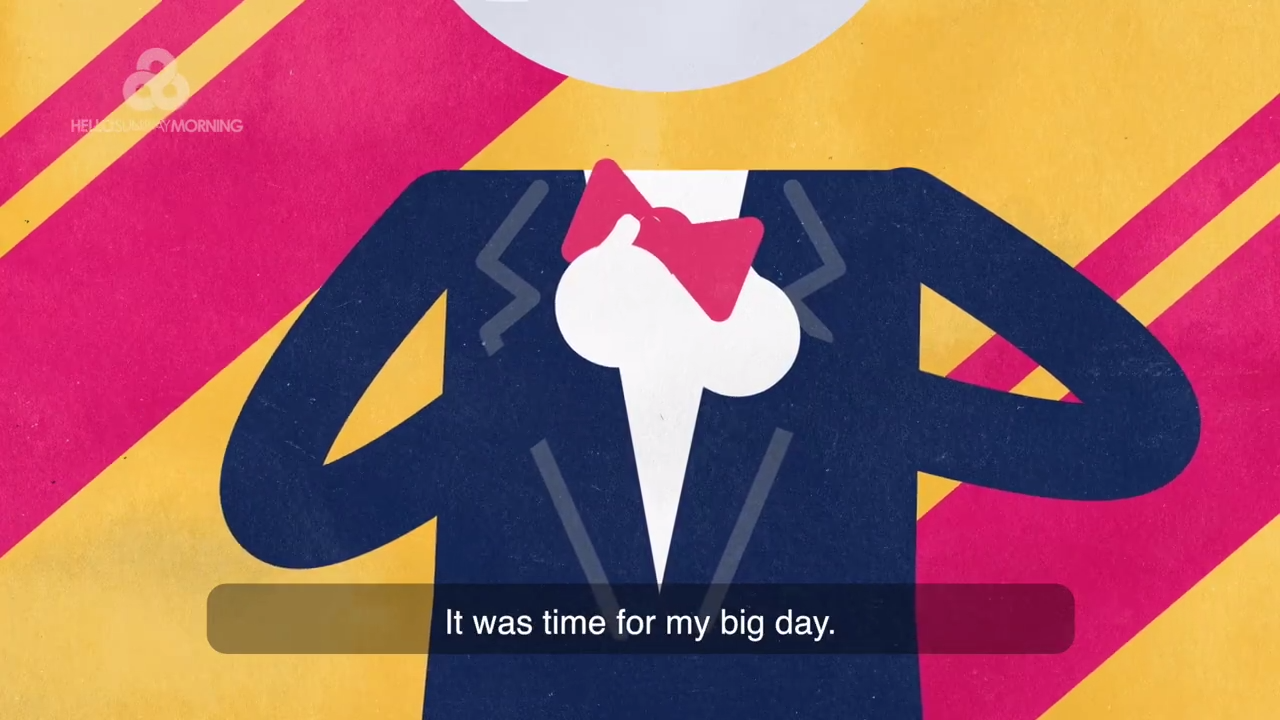
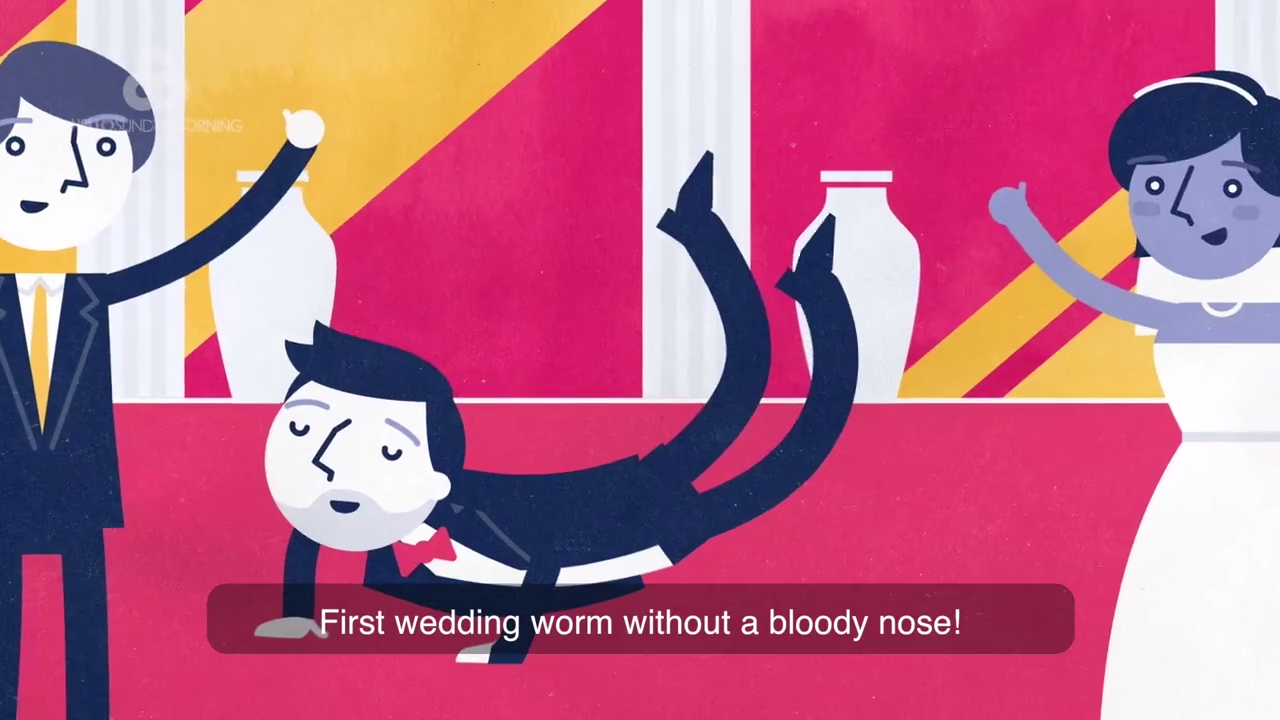
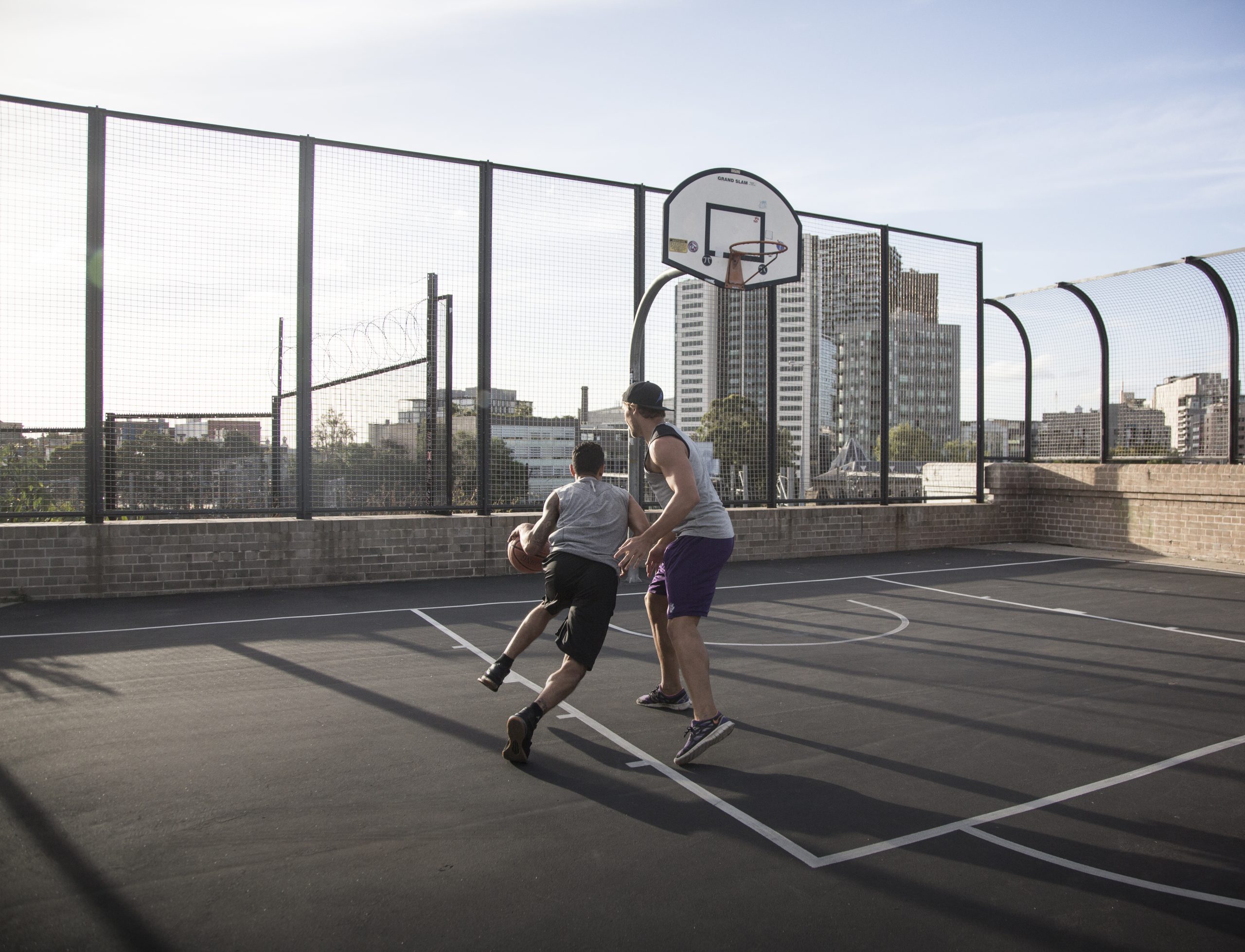
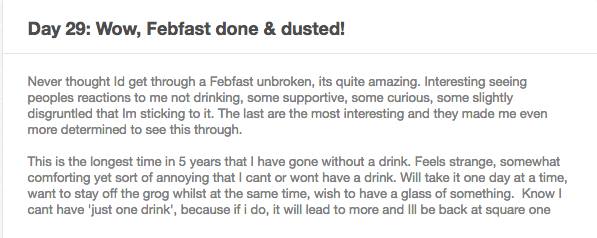
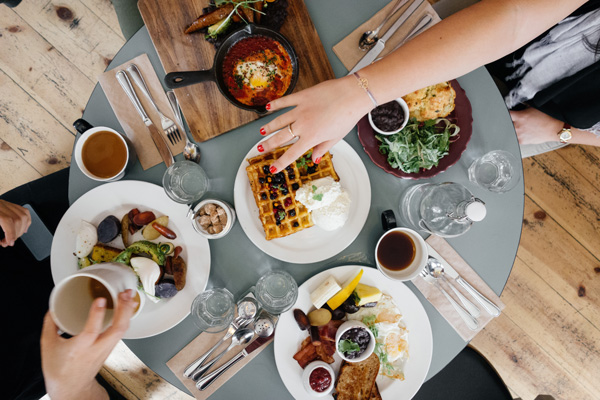
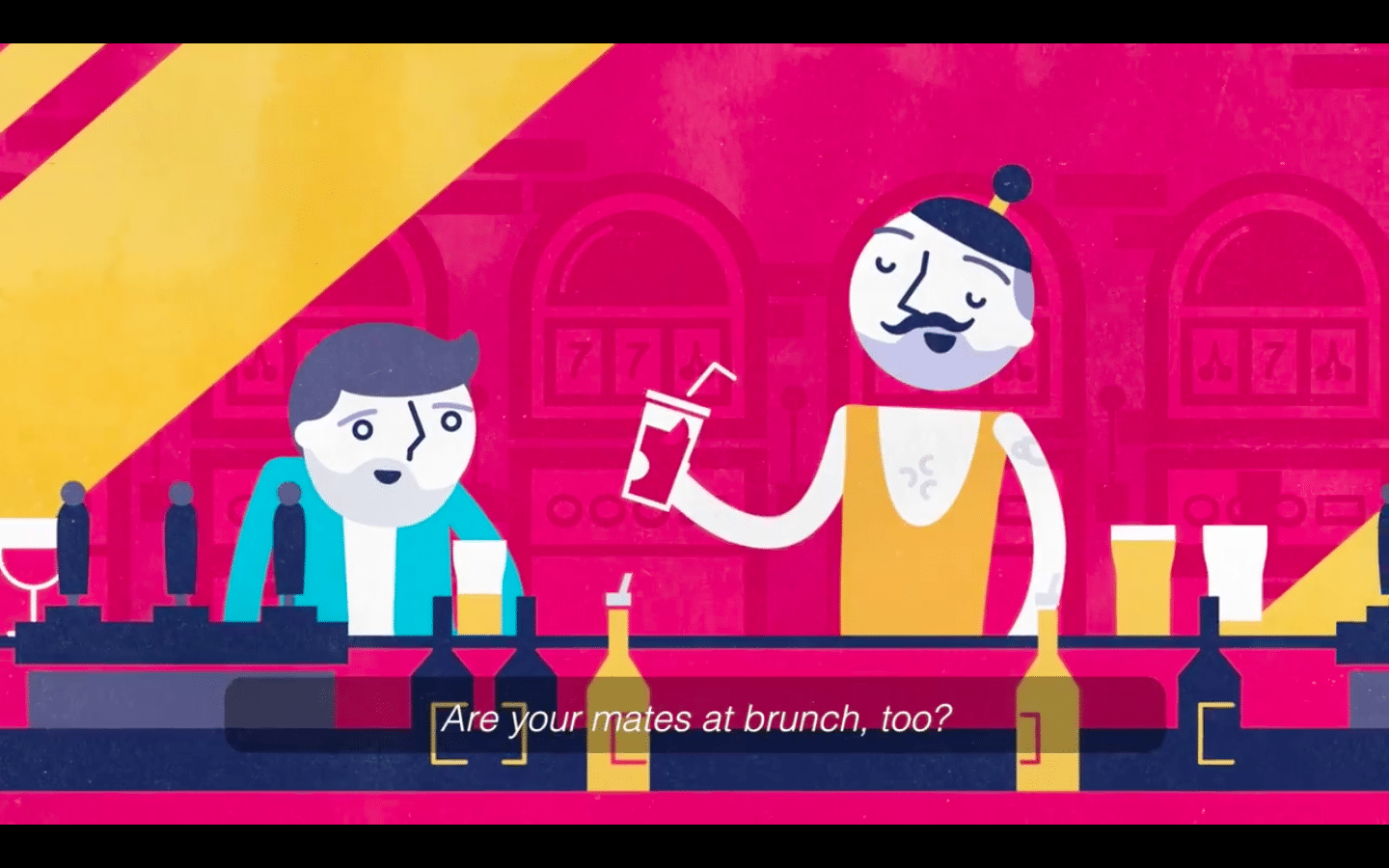 Are your mates at brunch, too?
Are your mates at brunch, too?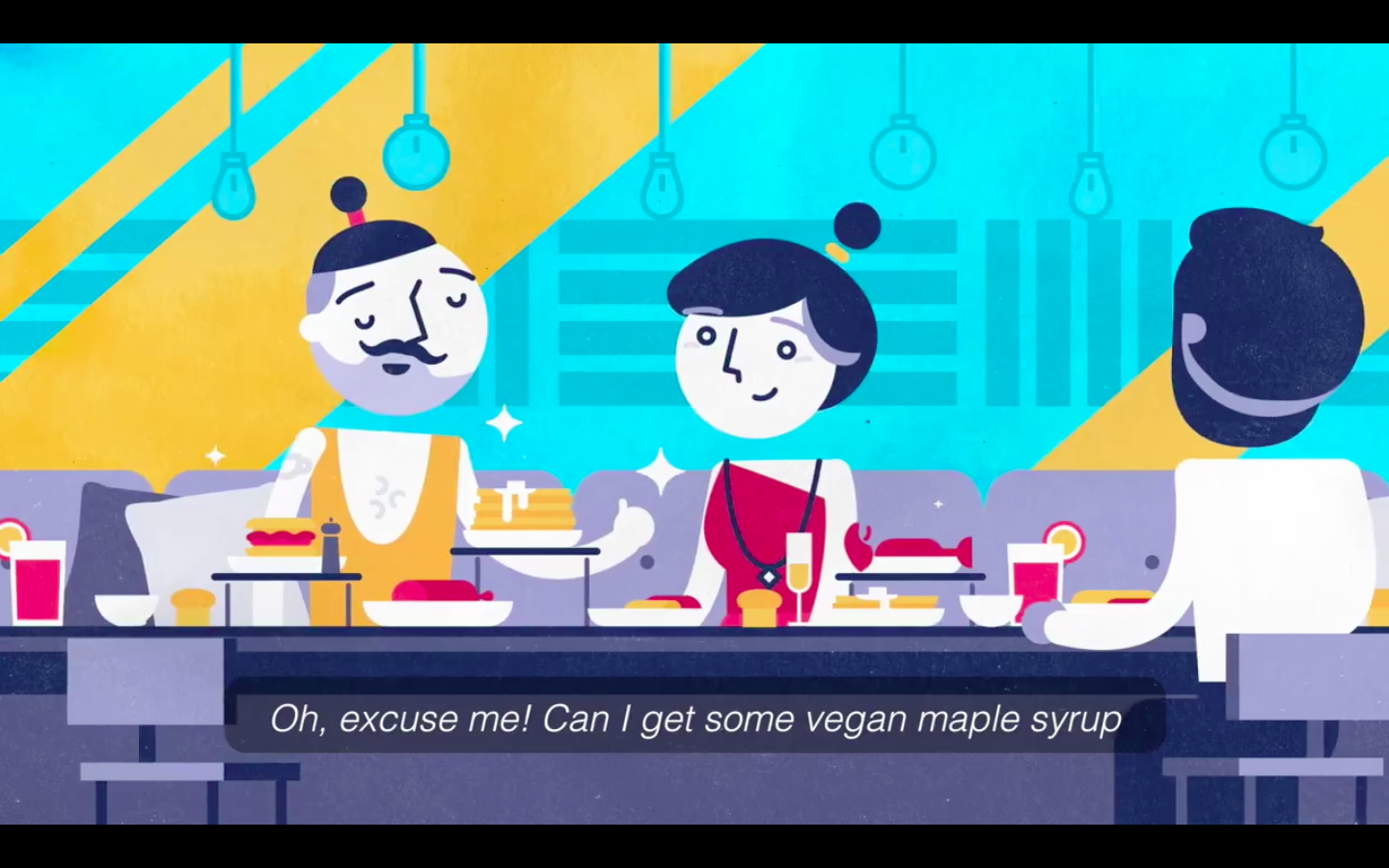 … with my deconstructed bacon dust?
… with my deconstructed bacon dust?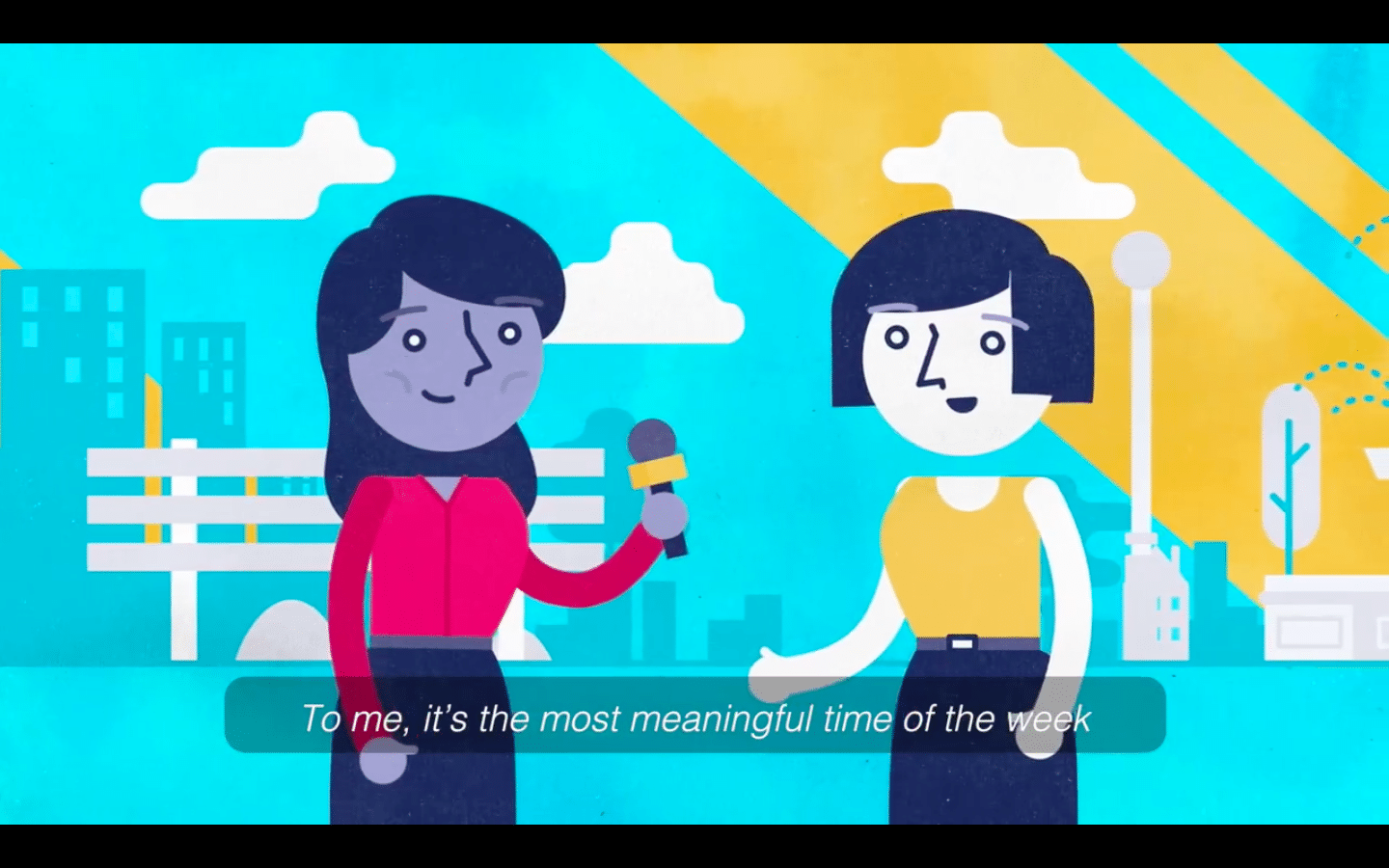 To me, it’s the most meaningful time of the week
To me, it’s the most meaningful time of the week